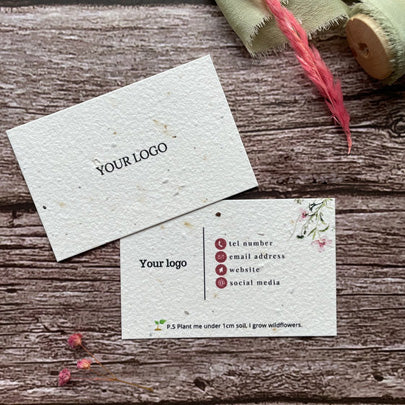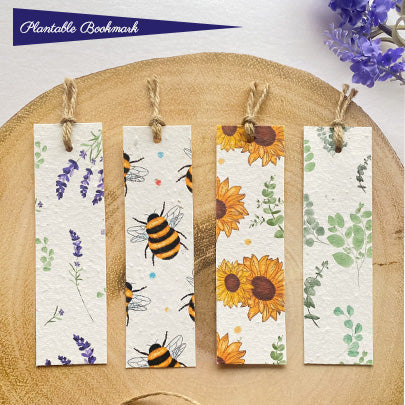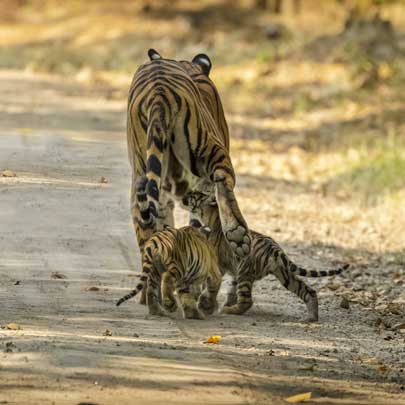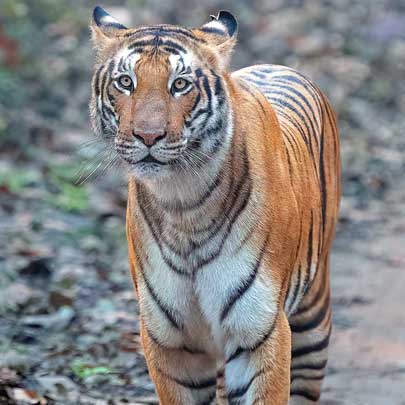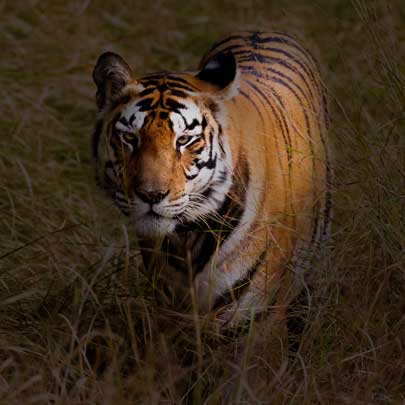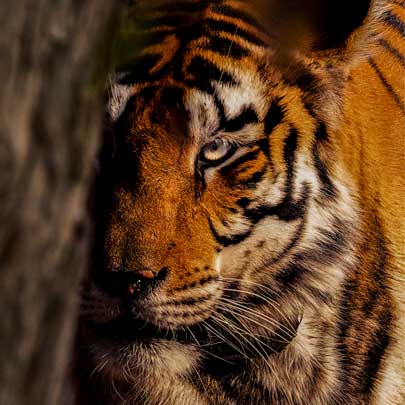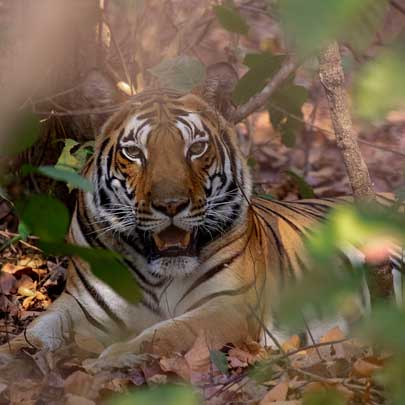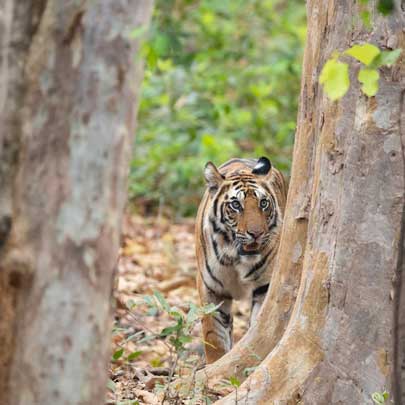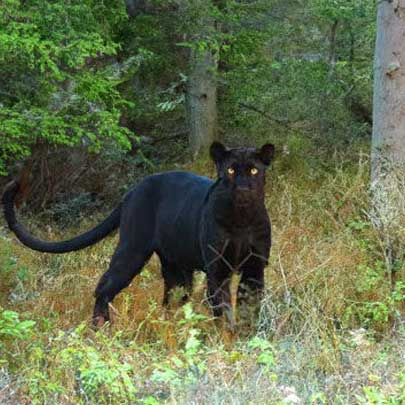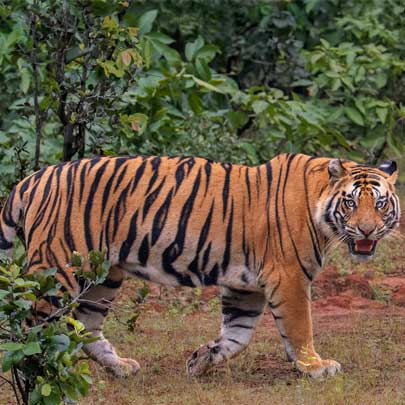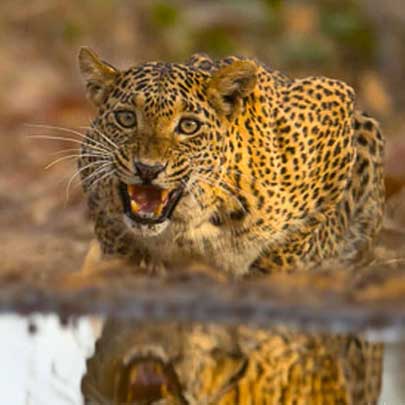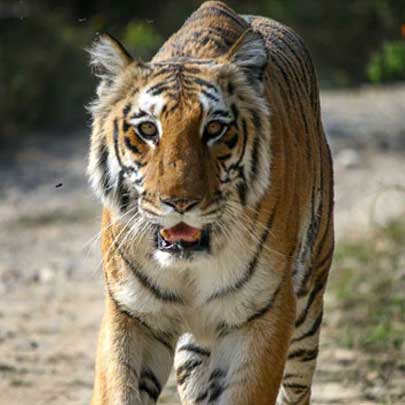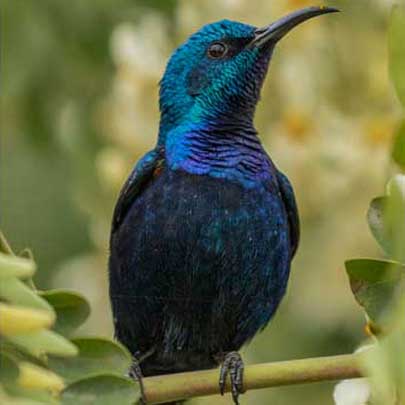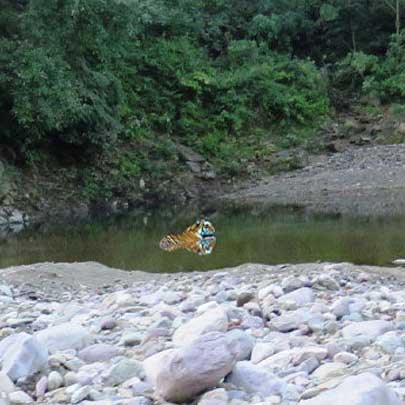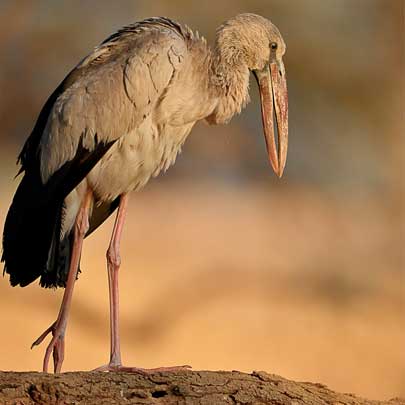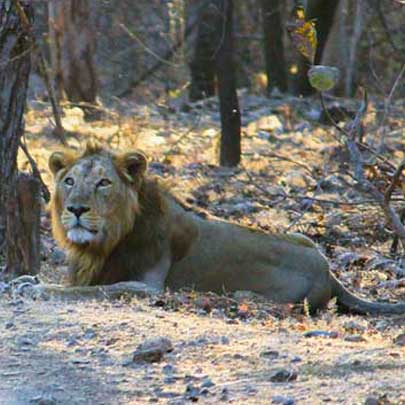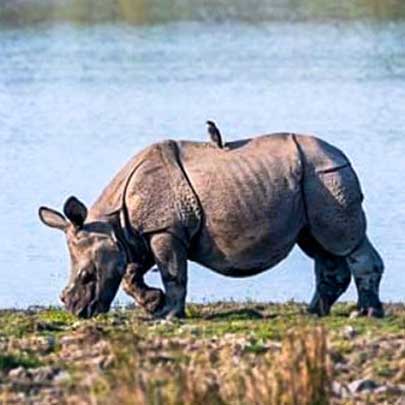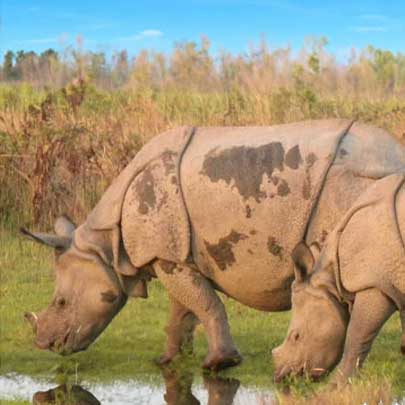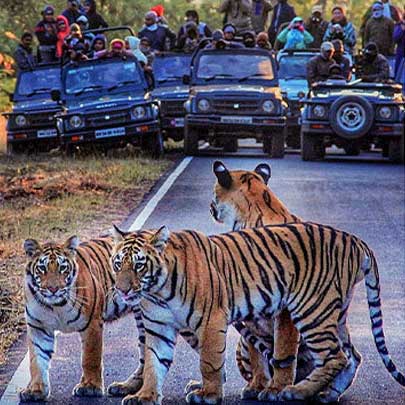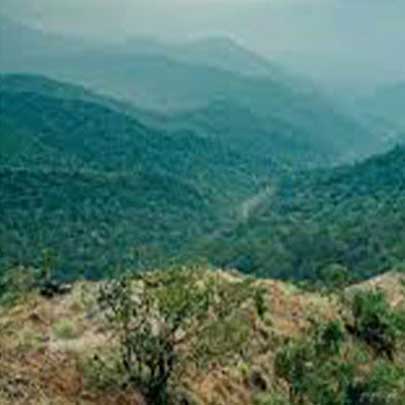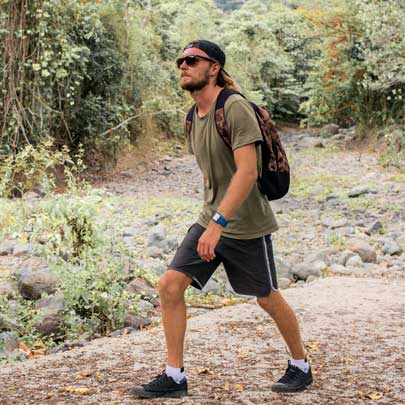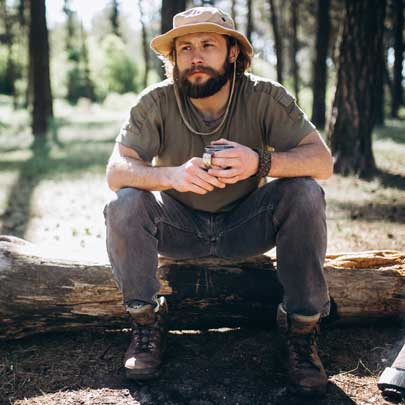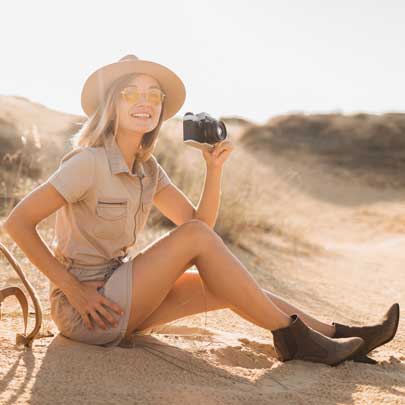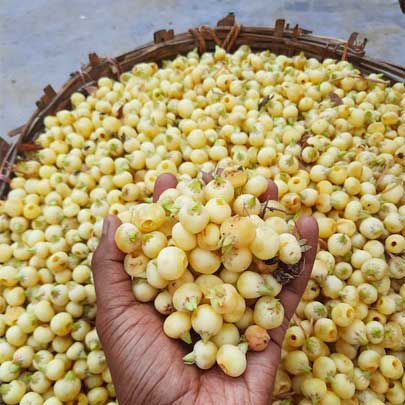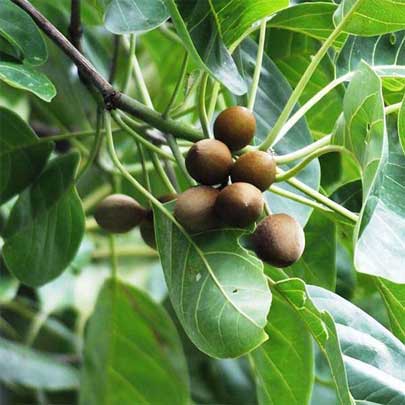Wildlife Conservation: Why Every Animal Counts
Wildlife Conservation: Why Every
Animal Counts
🌿 Introduction
From the flutter of a butterfly to the mighty roar of a tiger, wildlife is the heartbeat of our planet. Yet, as urbanization, deforestation, and pollution grow, many of Earth’s magnificent creatures are quietly disappearing. Every year, dozens of species vanish — many before we even discover them.
This loss is more than just a tragedy for nature; it’s a warning for humanity. Wildlife conservation isn’t just about protecting animals — it’s about preserving the very ecosystems that sustain life on Earth. Every creature, no matter how small, plays a role in maintaining the planet’s balance.

That’s why initiatives like Wildlense Wild Retreat, an eco-conscious destination promoting sustainable tourism and wildlife protection, are so vital. They remind us that protecting nature isn’t optional — it’s essential for our collective future.
🐘 What Is Wildlife Conservation?
Wildlife conservation is the practice of protecting wild animals, plants, and their habitats to ensure that ecosystems remain balanced and species thrive for generations to come. It involves safeguarding biodiversity, restoring natural habitats, preventing poaching, and educating people about the importance of protecting nature.
The goals of wildlife conservation include:
-
Preventing extinction of endangered species
-
Restoring natural ecosystems
-
Promoting coexistence between humans and wildlife
-
Encouraging sustainable and responsible tourism
In essence, wildlife conservation means living in harmony with nature instead of exploiting it.
🌱 Why Every Animal Counts
Every living being — from the tiniest bee to the largest elephant — contributes to the health and balance of our ecosystems. The disappearance of even one species can trigger a chain reaction with far-reaching consequences.

Let’s explore why every animal truly matters:
🐝 1. Pollinators Sustain Life
Bees, butterflies, and birds help pollinate plants, ensuring the growth of fruits, vegetables, and flowers. Without them, global food production would drastically decline.
🐅 2. Predators Maintain Balance
Apex predators like tigers and lions control prey populations, preventing overgrazing and ensuring forests remain healthy. Their decline can cause ecosystems to collapse.
🐘 3. Ecosystem Engineers Build Homes for Others
Elephants create waterholes, break tree branches, and help plant seeds — shaping their habitats for countless other species.
🐢 4. Marine Animals Regulate Climate
Whales, turtles, and fish contribute to maintaining ocean ecosystems, which in turn regulate the Earth’s climate.
🐦 5. Biodiversity Ensures Stability
Each animal species performs a unique role — removing waste, controlling pests, or improving soil fertility. The richer the biodiversity, the healthier the planet.
When we lose animals, we don’t just lose beauty — we lose life systems that sustain human existence.
🌍 The Alarming State of Wildlife Today
Wildlife across the globe is in crisis. According to WWF’s Living Planet Report, the world has seen an average 69% decline in wildlife populations since 1970.
🔍 The Major Threats Include:
-
Deforestation and Habitat Loss: Expanding cities, agriculture, and logging are wiping out habitats.
-
Climate Change: Rising temperatures and extreme weather threaten species survival.
-
Pollution: Plastic waste, chemicals, and oil spills destroy ecosystems and kill marine and land animals.
-
Poaching and Illegal Trade: Tigers, elephants, rhinos, and pangolins are hunted for their body parts.
-
Human-Wildlife Conflict: As humans encroach into forest areas, encounters with wildlife often turn deadly.
If current trends continue, we could lose up to one million species in the next few decades.
That’s why eco-initiatives like Wildlense Wild Retreat play a crucial role in promoting awareness and sustainable coexistence with wildlife.
🌿 Wildlense Wild Retreat: Where Conservation Meets Conscious Travel
Located amidst India’s pristine natural landscapes, Wildlense Wild Retreat is a one-of-a-kind eco-resort that combines luxury with sustainability. It offers travelers an opportunity to experience wildlife responsibly while directly supporting conservation efforts.
🌳 The Mission of Wildlense Wild Retreat
Wildlense Wild Retreat isn’t just a place to stay — it’s a movement toward eco-friendly travel and nature preservation. The retreat encourages guests to reconnect with the wilderness without disturbing it.
Every element of Wildlense is designed to minimize environmental impact and inspire responsible tourism.
🌺 Key Eco-Friendly Features
🌱 Sustainable Architecture: Built using locally sourced, eco-friendly materials that blend seamlessly with the surrounding forest.
🌿 Zero Waste Initiatives: The retreat follows zero waste principles by reducing plastic usage and promoting biodegradable alternatives.
🦋 Community Engagement: Local villagers are employed and trained, creating sustainable livelihoods and promoting environmental stewardship.
🐾 Guided Ethical Safaris: Expert naturalists conduct safaris that follow ethical wildlife observation practices — no off-trail driving, no baiting, and no disturbing animals.
🌼 Conservation Education: Guests are encouraged to learn about local flora and fauna and participate in awareness drives or tree-planting programs.
By staying at Wildlense Wild Retreat, travelers don’t just witness wildlife — they become part of a growing conservation legacy.
🌏 Why Wildlife Conservation Matters
The importance of wildlife conservation extends far beyond protecting animals. It’s about preserving the foundation of life itself.
Here’s why it matters:
🌱 1. Biodiversity = Stability
Healthy ecosystems depend on a diversity of species. When one disappears, others follow, leading to ecological imbalance.
💧 2. Protecting Natural Resources
Forests, rivers, and oceans — home to countless species — provide us with clean air, water, and fertile soil. Conservation protects these resources.
🦋 3. Supports Human Livelihoods
Millions of people depend on wildlife tourism and forest-based economies. Eco-resorts like Wildlense Wild Retreat generate income through sustainable means while supporting local communities.
🌾 4. Medical Discoveries and Food Security
Many life-saving medicines and crops originate from wild species. Losing biodiversity means losing potential cures and genetic diversity.
🌍 5. Fights Climate Change
Wildlife-rich ecosystems like forests and mangroves absorb carbon dioxide, helping mitigate global warming.
In short, protecting wildlife is protecting life itself.
🦉 The Role of Eco-Tourism in Conservation
Eco-tourism — when done right — plays a major role in wildlife protection. It creates financial incentives for conservation and helps fund habitat restoration, anti-poaching efforts, and community development.

Destinations like Wildlense Wild Retreat lead by example by:
-
Offering responsible wildlife experiences
-
Reducing ecological footprints
-
Supporting conservation-based tourism models
-
Educating visitors about biodiversity and sustainability
Every eco-conscious traveler who stays at Wildlense indirectly contributes to protecting forests, wildlife, and rural livelihoods.
🌸 How You Can Help Protect Wildlife
You don’t need to be a scientist or conservationist to make a difference. Here are simple yet powerful ways you can contribute:
-
Support Ethical Tourism: Choose eco-friendly stays like Wildlense Wild Retreat that promote responsible wildlife travel.
-
Avoid Animal Exploitation: Say no to animal rides, circuses, or photo ops with captive animals.
-
Reduce Plastic Use: Single-use plastics often end up in rivers and oceans, harming countless species.
-
Plant Native Trees: Help restore habitats and support local biodiversity.
-
Adopt or Sponsor Wildlife: Many organizations let you contribute directly to the care of endangered species.
-
Spread Awareness: Talk about wildlife conservation and inspire others to take action.
-
Conserve Energy and Water: Every sustainable choice reduces the human footprint on wildlife habitats.
Small steps lead to big change — especially when millions of people take them together.
🌾 A Hopeful Future: Humans and Wildlife in Harmony
Despite the grim statistics, there is hope. Across the world, communities, NGOs, and eco-conscious travelers are joining hands to restore the planet’s balance.
Projects like Wildlense Wild Retreat prove that sustainability and luxury can coexist, that tourism can help — not harm — wildlife.
By protecting nature, we protect ourselves. By valuing every animal, we ensure a thriving, vibrant planet for future generations.
The call to action is clear:
Every creature matters. Every choice counts. Every effort saves lives.
🌿 Conclusion
Wildlife conservation isn’t just about saving animals — it’s about preserving the soul of our planet. Every bird that flies, every tiger that roams, and every fish that swims plays a vital role in Earth’s story of life.

By understanding that every animal counts, we can make better choices — from supporting eco-friendly tourism to reducing our carbon footprint.
If you dream of experiencing wildlife responsibly while contributing to its protection, plan your next getaway at Wildlense Wild Retreat. It’s more than a destination — it’s a commitment to a sustainable, nature-positive future.
Together, let’s ensure that the wilderness continues to thrive — not just for us, but for every living being that calls this planet home. 🌍💚














